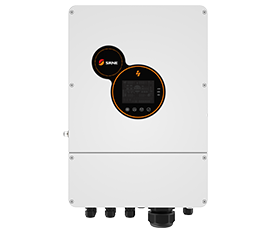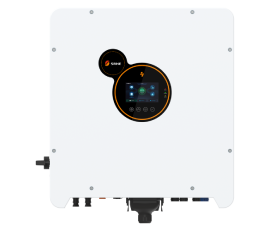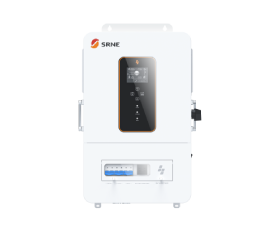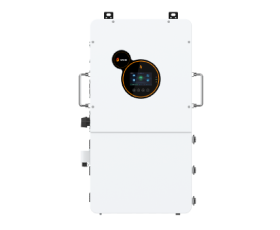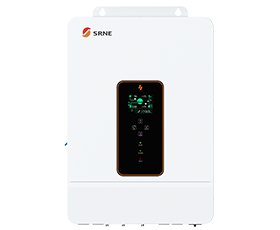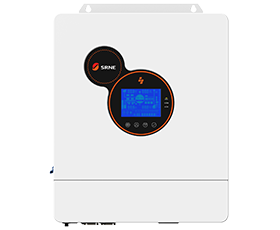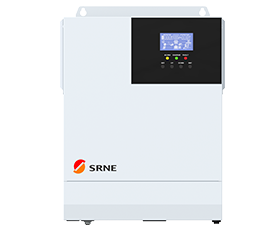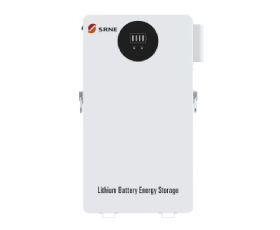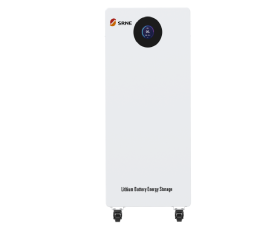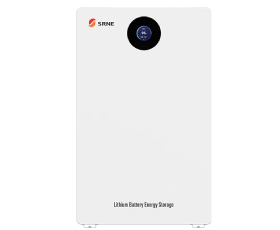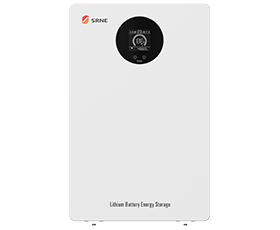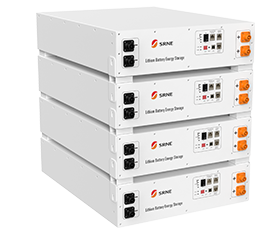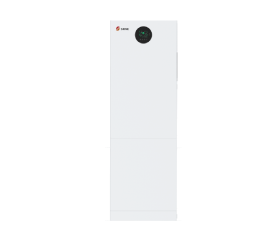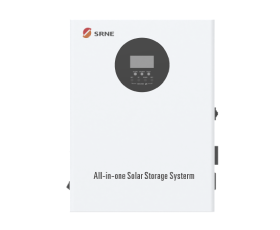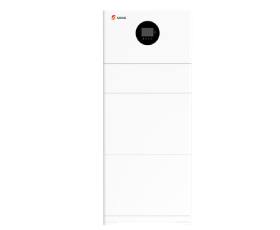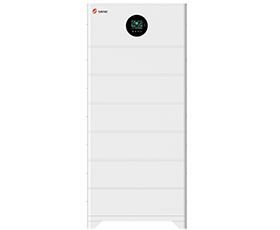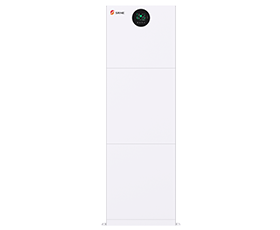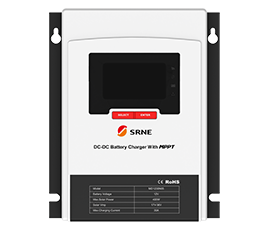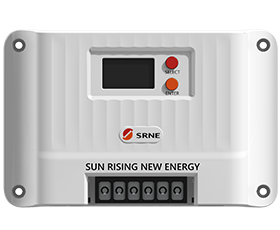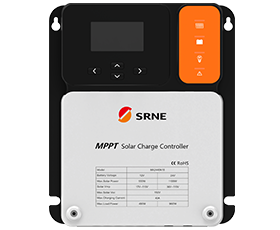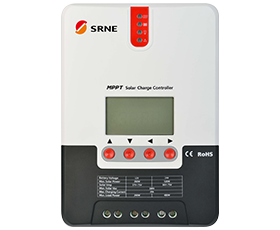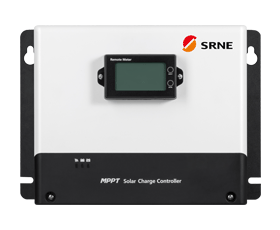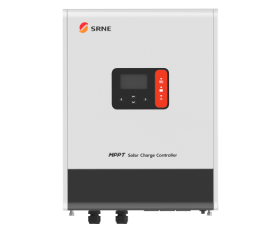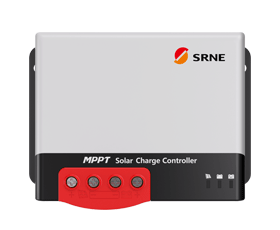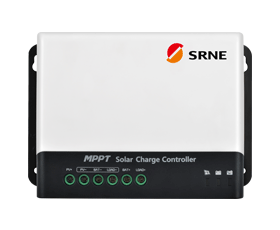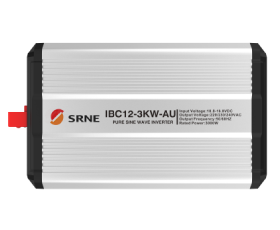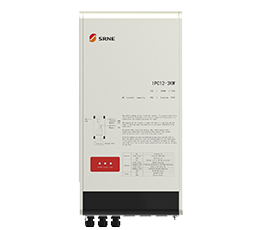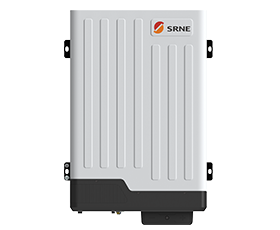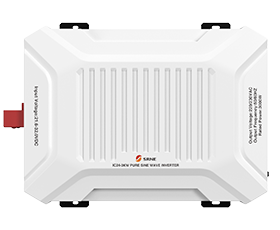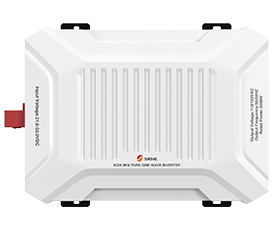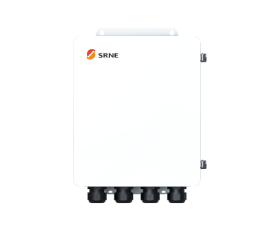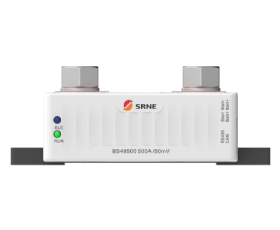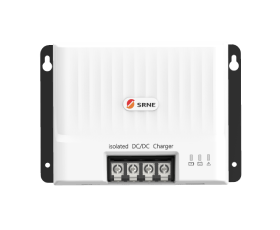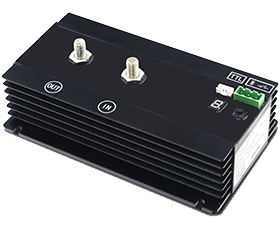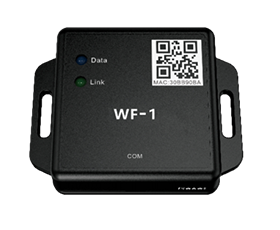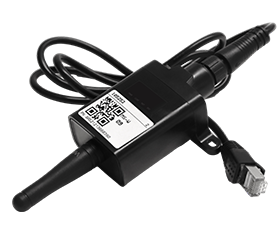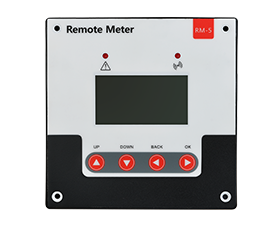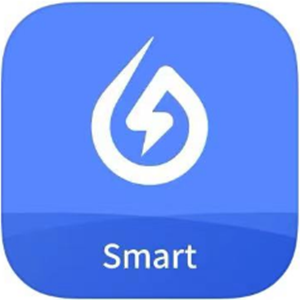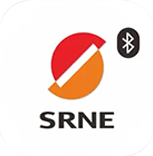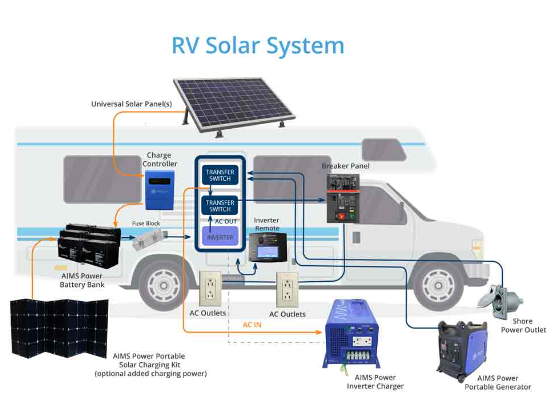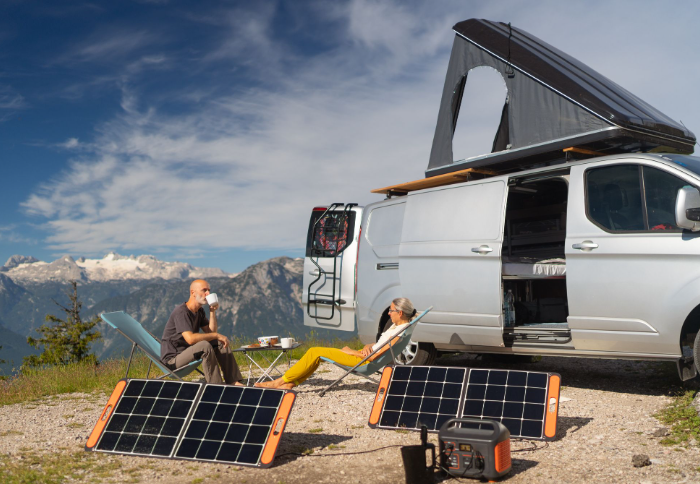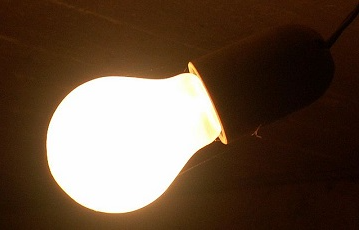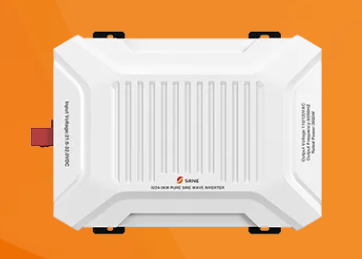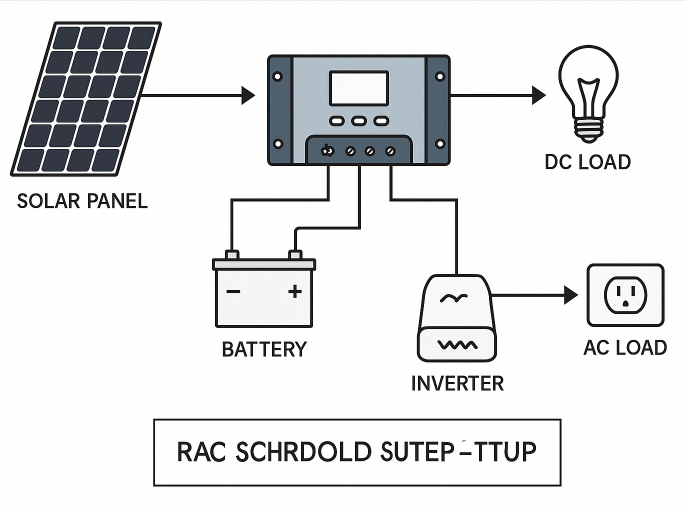Choosing the Best RV Solar Inverter: What You Need to Know
When planning your RV’s energy system, one essential component is the RV solar inverter. The inverter is responsible for converting DC (direct current) power generated by your solar panels into usable AC (alternating current) power for your appliances. Selecting the right inverter can make all the difference in your RV's power efficiency and system compatibility. Here’s a guide to help you choose the best RV solar inverter for your needs.
1. Understanding Power Needs in Your RV
Before selecting an RV solar inverter, it’s important to calculate your RV’s power requirements. Inverters come in different wattage capacities, so you’ll need to determine how much power your appliances use when running simultaneously.
· Make a list of devices: Create a list of all the appliances you plan to run on solar energy, such as your refrigerator, TV, lights, microwave, and air conditioning unit.
· Calculate the wattage: Check each appliance’s wattage rating (found on the label) and add them up to estimate your total power consumption. Keep in mind that some devices, like refrigerators, may have a surge wattage when they first turn on, so choose an inverter that can handle these power surges.
· Consider future expansion: If you plan to add more appliances in the future, ensure that your chosen inverter has enough capacity to handle the additional load.
2. Types of RV Solar Inverters
There are two main types of solar inverters suitable for RVs: pure sine wave inverters and modified sine wave inverters. Your choice will depend on the type of appliances you run and their sensitivity to power quality.
· Pure Sine Wave Inverter: This type of inverter produces clean, smooth power identical to what you get from a regular home outlet. It’s ideal for sensitive electronics such as laptops, microwaves, and medical devices. While pure sine wave inverters are more expensive, they ensure that your devices run efficiently without risk of damage.
· Modified Sine Wave Inverter: This inverter is cheaper and can handle less sensitive devices like lights, fans, and basic kitchen appliances. However, it’s not recommended for advanced electronics as it can cause them to overheat or malfunction over time.
For most RV setups, a pure sine wave inverter is the better option due to the variety of devices used, but if your power needs are simpler, a modified sine wave inverter may suffice.
3. Space Limitations
RV space is often limited, so the size and installation requirements of the inverter are crucial considerations.
· Compact design: Choose an inverter with a space-saving design that can fit easily into your RV’s storage compartments. Some inverters are specifically designed to be mounted vertically or horizontally to optimize limited space.
· Cooling and ventilation: Inverters generate heat while operating, so ensure that there is enough airflow around the device to prevent overheating. Some models come with built-in fans or heat sinks to help manage temperature.
Be sure to measure the installation area before purchasing to avoid any fitting issues.
4. Battery Compatibility
Your RV’s solar inverter must be compatible with your existing battery setup. Most RVs use either lead-acid or lithium-ion batteries, and different inverters work better with specific battery types.
· Lead-Acid Batteries: These are more affordable but heavier and require regular maintenance. Many basic inverters are compatible with lead-acid batteries.
· Lithium-Ion Batteries: While more expensive, lithium-ion batteries are lightweight, require less maintenance, and have a longer lifespan. If you’re using a lithium-ion battery system, ensure that your inverter is designed to handle the specific voltage and charging characteristics of these batteries.
Additionally, if you’re planning to expand your solar system in the future, choose an inverter that supports higher battery capacities.
5. Efficiency and Energy Loss
Inverter efficiency is another key factor when selecting an RV solar inverter. The higher the efficiency rating, the less energy is lost in the conversion process from DC to AC power. Look for inverters with an efficiency rating of 90% or higher to ensure you’re maximizing your solar energy.
· Peak efficiency: This refers to the maximum efficiency the inverter can achieve under ideal conditions. A high peak efficiency means more of your solar energy is being used effectively.
· Idle consumption: Some inverters use power even when no appliances are running. Be sure to choose an inverter with low idle power consumption to reduce wasted energy.
6. Safety Features and Protection
Your RV solar inverter should come equipped with essential safety features to protect your appliances and ensure the longevity of your system.
· Overload protection: Prevents the inverter from overheating or shutting down due to excessive power draw.
· Short circuit protection: Safeguards the inverter and connected appliances from electrical faults.
· Low voltage alarm and shutdown: Alerts you when your battery levels are too low and automatically shuts off the inverter to prevent damage to your battery bank.
Choosing an inverter with robust safety features is essential for ensuring smooth, reliable operation during your RV travels.
7. Inverter Monitoring and Control
Many modern RV solar inverters come with monitoring and control features that allow you to track energy production and usage in real-time.
· Remote control panels: Some inverters offer remote monitoring systems that let you adjust settings, turn the inverter on or off, and check performance from a convenient location inside your RV.
· Bluetooth or Wi-Fi connectivity: Advanced models may connect to a smartphone app, allowing you to monitor your system remotely and receive alerts if something goes wrong.
These smart features can help you manage your RV’s energy consumption more efficiently.
8. SRNE: A Trusted Manufacturer of RV Solar Inverters
At SRNE, we take pride in being a reliable manufacturer of high-quality RV solar inverters. Our commitment to innovation and efficiency ensures that our products meet the diverse needs of RV owners. We’ve designed our inverters to provide stable power, easy installation, and long-lasting performance, helping you make the most of your off-grid adventures. With SRNE, you can trust that you’re investing in a product built with care, backed by expert engineering and a dedication to customer satisfaction.
Conclusion
Selecting the best RV solar inverter depends on understanding your power needs, space limitations, and compatibility with your RV’s electrical systems. By choosing the right type of inverter, ensuring it’s the correct size for your energy requirements, and paying attention to efficiency and safety features, you’ll be well-equipped to enjoy a seamless off-grid experience in your RV. Whether you opt for a pure sine wave or a modified sine wave inverter, making an informed decision will help you get the most out of your solar energy system.
Editor's Note:
If you are interested in learning more about Solar Inverter, feel free to continue reading my other blogs. There, you can delve into more practical tips and advice on solar inverter selection, installation, and optimizing system performance. I am committed to providing you with authoritative and professional insights to help you make the most of solar technology for efficient energy management.
Achieving Self-Sufficiency with Home Power Inverters
As energy costs rise and environmental concerns grow, more homeowners are seeking ways to achieve energy self-sufficiency. Integrating renewable energy sources like solar panels with home power inverters is an effective solution.
Using Home Power Inverters for Flexible Energy Solutions
At SRNE, we are committed to providing top-of-the-line home power inverters that meet the diverse energy needs of businesses. Our expertise in manufacturing reliable power solutions ensures that our customers benefit from them.
Avoid High-Priced Electricity Consumption During Peak Periods with Home Power Inverters
Electricity costs can skyrocket during peak periods, putting a strain on household budgets. To combat these high prices, home power inverters provide an effective solution.




















